Eating Eggs During Breastfeeding – Is It Safe?

During pregnancy and nursing, a woman takes extra steps to ensure she is supplying her baby with enough nutrients for his growth and development. But, eating certain foods, such as eggs, which are usually considered very nutritious and safe, can raise questions on whether or not they are safe for the baby’s health. A common question asked is – Can i eat eggs while breastfeeding? Eggs are rich in protein, vitamins, and minerals, making them a valuable part of a balanced diet. However, concerns about allergies and contamination may lead some mothers to hesitate. Read on to find out if you can eat eggs while breastfeeding without worries.
Can Breastfeeding Mothers Eat Eggs?
Eggs, as we all know, are protein-rich, and can be eaten every day. Consuming cooked eggs is recommended as eating raw eggs could cause salmonella infection. Furthermore, in your nursing phase, you must make sure that your daily calorie intake is increased by 500 calories more than other women to meet your own nutrient requirement, and these calories should come from a wholesome diet.
Benefits of Eating Eggs While Breastfeeding
Consuming eggs while nursing your baby is a healthy option as eggs contain loads of health benefits such as the ones mentioned below:
- Eating eggs while breastfeeding can help increase the good cholesterol levels in the body, which helps lower the risk of heart ailments like heart attack, stroke and other health problems in most people, not just breastfeeding mothers (1).
- Eggs are fully loaded with vitamins, nutrients and minerals like vitamin A, vitamin B2, vitamin B12, phosphorus, selenium, calcium, zinc, etc., which can be very beneficial for your health in your nursing stage.
- According to Oregon State University, eggs also contain an essential compound known as choline, which is vital for many bodily functions (2).
- Eggs are also beneficial for the eyes; eating eggs can help prevent macular degeneration and cataracts (3).
- Eggs are also a storehouse of essential amino acids, which are required by the body for essential functioning.
- Consuming eggs while breastfeeding can support postpartum weight loss due to their high protein content, helping mothers regain their pre-pregnancy figure.
- The protein in eggs aids in tissue repair and muscle recovery, which can be particularly beneficial during the postpartum period when the body is healing.
- Eggs are a versatile food that can be easily incorporated into various dishes, making meal planning and preparation more convenient for busy breastfeeding mothers.
Side-Effects of Eating Eggs When Breastfeeding
While eggs can provide numerous health benefits during breastfeeding, it’s essential to be aware of potential side effects that may arise from eating eggs when breastfeeding which are as follows.
- Allergic Reactions: Eggs are a common allergen, and some babies may develop allergic reactions if their mothers consume eggs while breastfeeding. Symptoms may include skin rashes, digestive issues, or respiratory problems (4).
- Digestive Upset: In some cases, breastfeeding infants may experience digestive discomfort or colic-like symptoms if their mothers consume eggs. This could manifest as excessive gas, fussiness, or changes in stool consistency.
- Risk of Contamination: According to the CDC, eggs can harbor harmful bacteria such as Salmonella, which can cause foodborne illness (5). Breastfeeding mothers should ensure that eggs are properly cooked to reduce the risk of contamination and avoid consuming raw or undercooked eggs.
Can You Eat Raw Eggs?
Raw eggs and breastfeeding do not go hand in hand. Raw or undercooked eggs are added to milkshakes, eggnogs, homemade sauce, salad dressings, tiramisu, frostings, etc. Therefore, they can be included in your diet, but you must also be aware that there is an increased risk of developing salmonella due to the consumption of raw or undercooked eggs. Salmonella infection causes fever, diarrhoea, vomiting, stomach cramps, and nausea. If unfortunately, you are infected with salmonella, it will remain in your intestines and won’t enter your breast milk. It, therefore, wouldn’t affect breastfeeding directly. However, it can lead to dehydration, tiredness and weakness, which can be dealt with with some changes in the fluid intake and diet, but you could be too exhausted to feed the baby. Consulting a medical practitioner is highly advisable at this stage for proper treatment and guidance.
Egg Allergy – Things to Keep in Mind
While it is considered safe to consume eggs while nursing your baby, you need to consider the following points (6):
- If there is any allergy history in the family, it is advisable to get your baby tested for allergies before you include any possible allergy-causing foods in your diet while nursing your baby.
- If you consume eggs during breastfeeding and notice symptoms such as nausea, abdominal pain, rashes, breathing problems, hives, asthma, etc. in your baby, it could be a sign of egg allergy in infants. If you witness any of these symptoms, consult a doctor, stop eating eggs and wait until the condition improves.
- In case your baby is severely allergic, you need to keep a note of all other foods you consume in a proper food-and-symptom diary.
- A lot of packed food and candies contain eggs, which can also cause allergies in your baby.
- Completely avoid mayonnaise, salad dressings, batter-fried items and other store-bought foods that contain eggs.
- When preparing meals, thoroughly wash utensils, cutting boards, and countertops that have come into contact with raw eggs to prevent cross-contamination and reduce the risk of allergic reactions in sensitive individuals.
- Educate close family members and caregivers about your baby’s egg allergy to ensure they are aware of the importance of avoiding egg-containing foods when feeding or caring for your child.
FAQs
1. How can I tell if my breastfeeding baby is allergic to eggs?
Signs of egg allergy in infants may include skin rashes, digestive issues, respiratory problems, or fussiness after breastfeeding. If you suspect an allergy, consult your pediatrician for guidance.
2. Can I include eggs in my breastfeeding diet if I have dietary restrictions or preferences?
Yes, eggs can be a valuable part of a breastfeeding diet, but it’s essential to consider any dietary restrictions or preferences you may have, such as vegetarianism or specific food intolerances.
3. How frequently can I include eggs in my breastfeeding diet?
There is no specific limit on how often you can consume eggs while breastfeeding. However, it’s essential to maintain a balanced diet and vary your protein sources to ensure you’re meeting your nutritional needs and minimizing the risk of developing food sensitivities in your baby.
Are eggs good for breastfeeding? Absolutely! If you are in your nursing phase, you can consume cooked eggs, if your baby doesn’t have an allergy, of course. But it is suggested that you consult a doctor with regards to including them in your diet. Have a healthy diet during breastfeeding, and your baby will be fine!
References/Resources:
1. Kuang. H, Yang. F, Zhang. Y, et. al.; The Impact of Egg Nutrient Composition and Its Consumption on Cholesterol Homeostasis (Cholesterol); National Library of Medicine; https://www.ncbi.nlm.nih.gov/pmc/articles/PMC6126094/; August 2018
2. Micronutrient Needs During Pregnancy and Lactation; Oregon State University; https://lpi.oregonstate.edu/mic/life-stages/pregnancy-lactation#choline
3. Andersen. C, Bioactive Egg Components and Inflammation (Nutrients); National Library of Medicine; https://www.ncbi.nlm.nih.gov/pmc/articles/PMC4586567/; September 2015
4. Egg allergy; Better Health Channel; https://www.betterhealth.vic.gov.au/health/conditionsandtreatments/egg-allergy
5. Salmonella and Eggs; Centers for Disease Control and Prevention; https://www.cdc.gov/foodsafety/communication/salmonella-and-eggs.html
6. Egg Allergy; Nemours Kids Health; https://kidshealth.org/en/parents/egg-allergy.html
7. Egg; American College of Allergy, Asthma & Immunology; https://acaai.org/allergies/allergic-conditions/food/egg/
Also Read:
Coffee in Breastfeeding
Eating Sushi in Breastfeeding
Honey during Breastfeeding
Eating Fish when Breastfeeding
Was This Article Helpful?
Parenting is a huge responsibility, for you as a caregiver, but also for us as a parenting content platform. We understand that and take our responsibility of creating credible content seriously. FirstCry Parenting articles are written and published only after extensive research using factually sound references to deliver quality content that is accurate, validated by experts, and completely reliable. To understand how we go about creating content that is credible, read our editorial policy here.








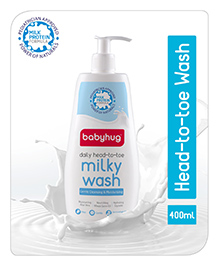
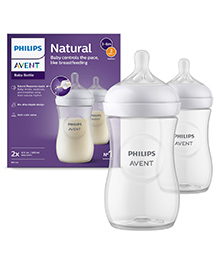
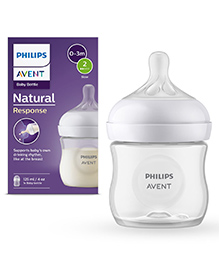
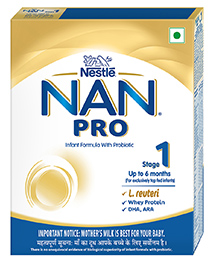
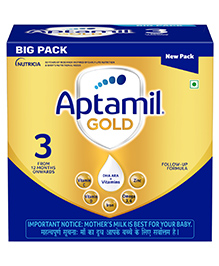
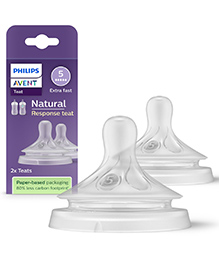
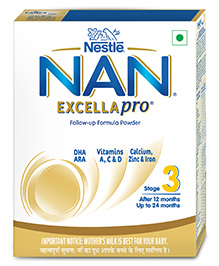
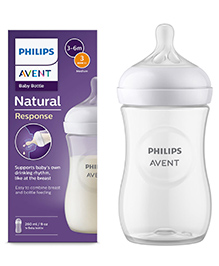

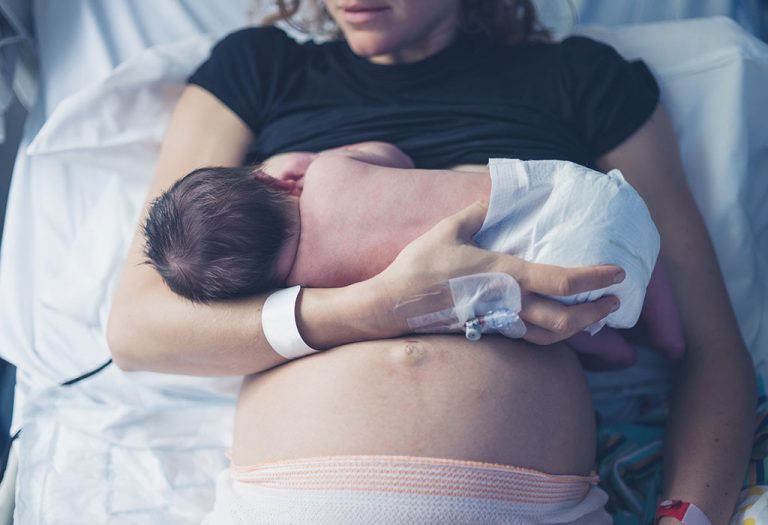


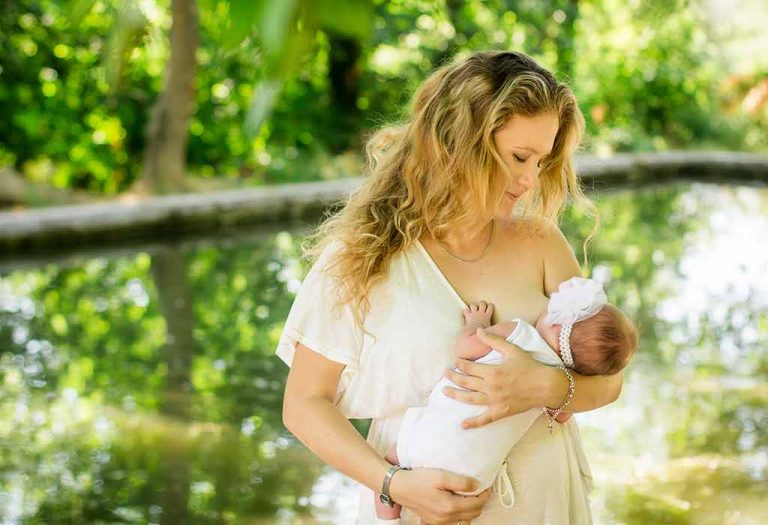



.svg)


















